Chloroform
Dogwood Hills
Chloroform, one of the total trihalomethanes (TTHMs), is formed when chlorine or other disinfectants are used to treat drinking water. Chloroform and other disinfection byproducts increase the risk of cancer and may cause problems during pregnancy. Read More.
In addition to tap water disinfection, chloroform pollution in the environment also comes from industrial discharges from pulp and paper mills, and from urban wastewater effluent. Human studies show that chloroform damages the kidneys, liver and central nervous system. In animals, chloroform causes infertility, birth defects and cancer.
Samples
Samples exceeding legal limit (MCL)
Samples exceeding
health guidelines
Testing results - average by year
| Year | Average result | Samples taken | Detections | Range of results |
|---|---|---|---|---|
| 2014 | ND | 1 | 0 | ND |
| 2015 | ND | 4 | 0 | ND |
| 2016 | ND | 5 | 0 | ND |
| 2017 | ND | 4 | 0 | ND |
| 2018 | ND | 4 | 0 | ND |
| 2019 | ND | 4 | 0 | ND |
ppb = parts per billion
State and national drinking water standards and health guidelines
EWG Health Guideline 0.4 ppb
The EWG Health Guideline of 0.4 ppb for chloroform was proposed in 2018 by the California Office of Environmental Health Hazard Assessment as a one-in-a-million lifetime risk of cancer. Values greater than one-in-a-million cancer risk level can result in increased cancer cases above one in a million people.
ppb = parts per billion
All test results
| Date | Lab ID | Result |
|---|---|---|
| 2014-07-23 | AC60776 | ND |
| 2015-08-19 | AD04658 | ND |
| 2015-08-19 | AD04695 | ND |
| 2015-09-28 | AD08738 | ND |
| 2015-09-28 | AD08768 | ND |
| 2016-03-30 | AD31164 | ND |
| 2016-03-30 | AD31190 | ND |
| 2016-03-30 | AD31166 | ND |
| 2016-06-15 | AD40760 | ND |
| 2016-06-15 | AD40723 | ND |
| 2017-08-02 | AD91782 | ND |
| 2017-09-08 | AD95445 | ND |
| 2017-09-08 | AD95449 | ND |
| 2017-09-08 | AD95455 | ND |
| 2018-03-20 | AE19086 | ND |
| 2018-03-20 | AE19094 | ND |
| 2018-03-20 | AE19092 | ND |
| 2018-06-27 | AE31684 | ND |
| 2019-09-11 | AE82958 | ND |
| 2019-11-07 | AE88911 | ND |
| 2019-11-07 | AE88909 | ND |
| 2019-11-07 | AE88915 | ND |
